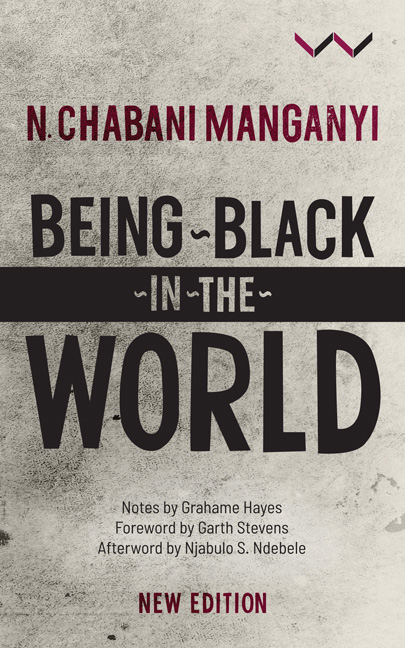Summary
Before the advent of the policy of separate development, some observers believed South Africa to be a multiracial national state. The historic victory of the Nationalist Party in 1948 changed all that. It is now common in certain circles in South Africa to talk in terms of multinationalism. It is claimed by some exponents of the policy of separate development that South Africa is a country consisting of many races, ethnic groups, languages and cultures. This, in fact, is true. The exponents go on to suggest that it is in recognition of this diversity that South Africa must be Balkanised into several national (ethnic) units.
Policy affecting the country as a whole may be decided on the basis of the above categories. It is questionable whether individual relations and group relationships between blacks and whites are motivated and supported by such considerations. These relationships appear to be determined at much lower and simpler levels. This seems to arise from the fact that in race-conscious environments, such as ours, it is difficult for individuals and groups to develop ways of action, feeling and thinking which transcend the categorical relationships involved in us (in-group) and them (out-group). ‘Us’ and ‘them’ constitute, in our society, a linguistic attitudinal form, expressive of distance and relation, and as such may be considered to be in the domain of Buber's philosophy of dialogue.
It will be shown in this essay that these categorical relations are related, in our society, to different experiences – two modes of being-in-the-world. These two existential experiences may be characterised as being-black-in-the-world and being-white-in-the-world. It has to be admitted that the primary mode of being-in-the-world, of existing, is a given, and is therefore universal. The differences between the white and black experiences of being-in-the-world have arisen because of the fact that man, unlike other lower animals, is a historical being.
There will be time to return to the above issues. But before that is undertaken, I would like to make some more general observations about the South African social environment.
The general issues relating to man's tribalism have been adequately treated by Niebuhr (1966). The concerns here are more specific than his, and relate to a particular environment with its historical and cultural contingencies.
- Type
- Chapter
- Information
- Being Black in the World , pp. 32 - 45Publisher: Wits University PressPrint publication year: 2019



